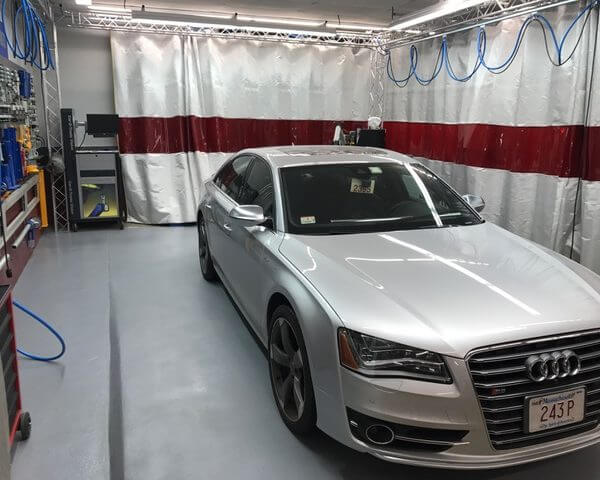When customers are looking for a collision repair center, they are searching for the best service at a reasonable price. And since there is a stigma against repair centers as being greedy and unreliable, it is increasingly important for these repair centers to have some kind of guarantee of dependable and consistent service. But what exactly does it mean for a collision repair center to claim certification? Here are a few things you should know about repair center certification.
What does “certified” actually mean?
As with any industry, certification means that employees have received certain training and have met an acceptable level of competency. This training for collision repair is done by the car or equipment manufacturers themselves. For repair shops, this means that employees are regularly trained on a variety of vehicle types. This is particularly important if you need assistance with a brand-new model; if employees aren’t trained regularly enough, they may not have experience with newer cars.
Certification also includes the accessibility of the right equipment for a variety of repairs. This equipment generally requires that technicians be specifically trained on how to properly use them.
Why does certification matter?
While most vehicles are basically the same in mechanics and how they are constructed, there will always be differences from model to model. There will be different requirements for parts, fluids, and other needs, so having a well-trained employee that is certified by the car manufacturer means that they will know the nuances and specifications for your particular vehicle.
Furthermore, like many products you buy with a manufacturer’s warranty, there are certain requirements that need to be fulfilled for the warranty to be honored. Having your car serviced by an uncertified shop or technician could negate any guarantees made by the vehicle manufacturer.
Does being certified from one manufacturer mean my technician can work on any model?
Technically, a technician on any vehicle, but certification from one particular manufacturer does not mean they are certified to work on any model of vehicle. This is because each manufacturer has different requirements for working on vehicles. These requirements must be met in order for the certification to take effect. For example, GM certification requires that technicians complete a specific scan before and after repairs of a vehicle. If this scan is not performed, the technician is violating the certification condition. Furthermore, technicians can only perform tests or repairs for which they have been individually trained. If these requirements are not followed, manufacturers can remove the certification standing of the repair center.
Do my technicians need other certifications outside manufacturer requirements?
While certification is not necessary to work on a vehicle, it does ensure to the customer that their vehicle is in good hands. An alternate or additional type of certification is that of Aluminum Certification. Since many vehicles are being made out of aluminum in the interest of weight reduction, many shops will go through aluminum certification from a variety of car manufacturers. This certification can often be adjusted to suit a variety of makes and models that use aluminum in their vehicles.
ASI Collision Inc.
Choosing a certified collision repair center offers a lot of benefits to car-owners, especially those with newer models. Don’t just choose any body shop, choose ASI Collision!

